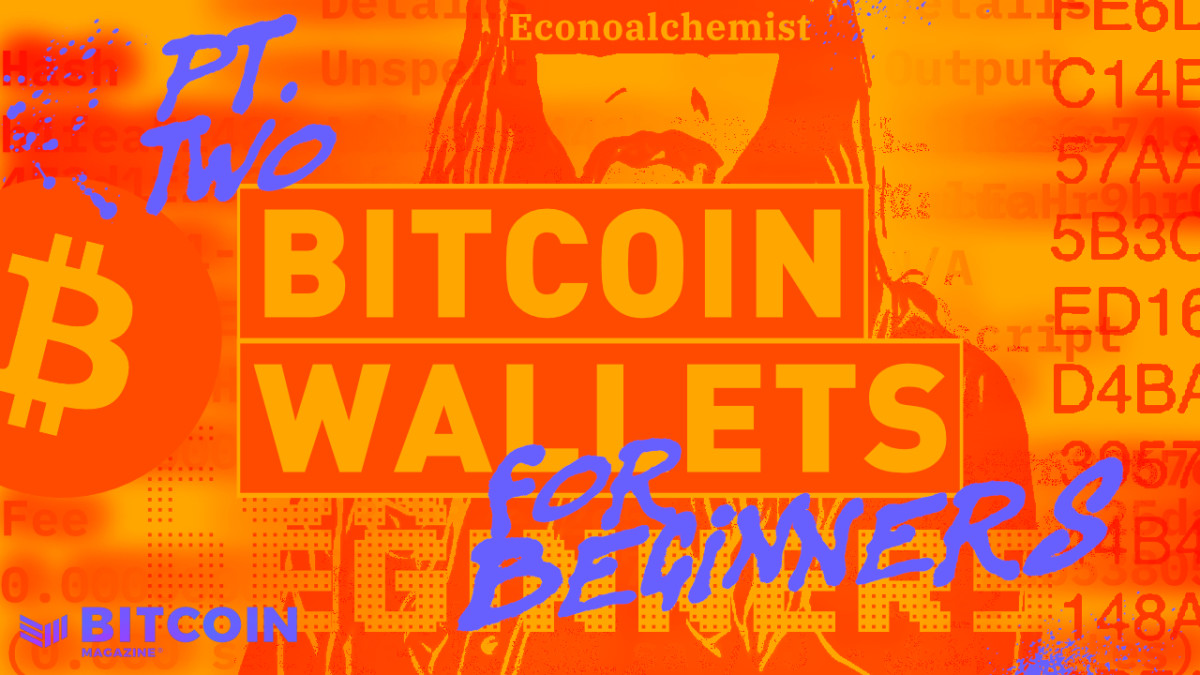As Bitcoin price dropped below $55,000 on March 15, Ether (ETH) pulled back to confirm the $1,750 level as support. This signals optimism from professional traders despite the 12% drop that occurred after Ether price peaked at $1,950 on March 13.
While Ether may be bullish from the price perspective, recent news surrounding the protocol hasn't been positive. Last week, Cointelegraph reported the rising tensions between miners and developers as they clashed over the EIP-1559 proposal, which is expected to reduce fee volatility and significantly impact miner revenue.
Moreover, the surging Ethereum network fees caused the volumes at decentralized exchange (DEX) to decrease while lending a boost to competitors like the Binance Smart Chain (BSC).

Despite repeatedly testing the sub-$1,750 level over the past week, Ether has shown strength. The upcoming Berlin upgrade on April 14 is expected to drastically reduce network congestion, therefore providing the necessary confidence investors needed during the recent turbulence.
It is worth noting that despite the recent price drop, futures contract liquidations remained relatively low. This is in stark contrast to Feb. 21 and Feb. 22, when $1.4 billion long positions were forcefully terminated and lead to an acceleration of Ether's downtrend.

Considering how the March 15 and 16 long futures contracts aggregate liquidations remained below $270 million, this shows that buyers are not highly leveraged. This leaves room for further bullish bets and it also removes incentives for bears who are trying to suppress the price.
The futures premium normalized
Basis is also frequently referred to as the futures premium, and it measures the premium of longer-term futures contracts to the current spot market levels.
A 12% to 24% annualized premium (basis) is interpreted as neutral, a situation known as contango. This price difference is caused by sellers demanding more money to withhold settlement longer.
Whenever this indicator fades or turns negative it creates an alarming red flag. This situation is known as backwardation and indicates that the market is quickly turning bearish.

The above chart shows that the indicator recently peaked at 35% on March 14 as Ether held the $1,800 resistance. Since then, it has reverted to a neutral-to-bullish 23% level.
Considering the 12% drop since the $1,950 peak on March 13, the futures premium remaining healthy is a bullish indicator and signals strength.
The options skew is on the verge of turning bullish
To confirm the bullish trend, investors should look at the Ether options markets. Call options allow the buyer to acquire Ether at a fixed price on contract expiry. On the other hand, put options provide insurance for buyers and protect against price drops.
Whenever market makers and professional traders are leaning bullish, they will demand a higher premium on call (buy) options. This trend will cause a negative 25% delta skew indicator.

Over the past month, there hasn't been a single occurrence of a positive delta skew. Therefore, there is no evidence that options traders demanded more significant premiums for downside protection.
This data is very encouraging, considering that Ether failed to create a new all-time high, and still faces enormous negative pressure from miners that oppose the block subsidy cut.
If the $1,750 support continues to hold, investors will likely gain further confidence that the uptrend has not been broken.
The views and opinions expressed here are solely those of the author and do not necessarily reflect the views of Cointelegraph. Every investment and trading move involves risk. You should conduct your own research when making a decision.











